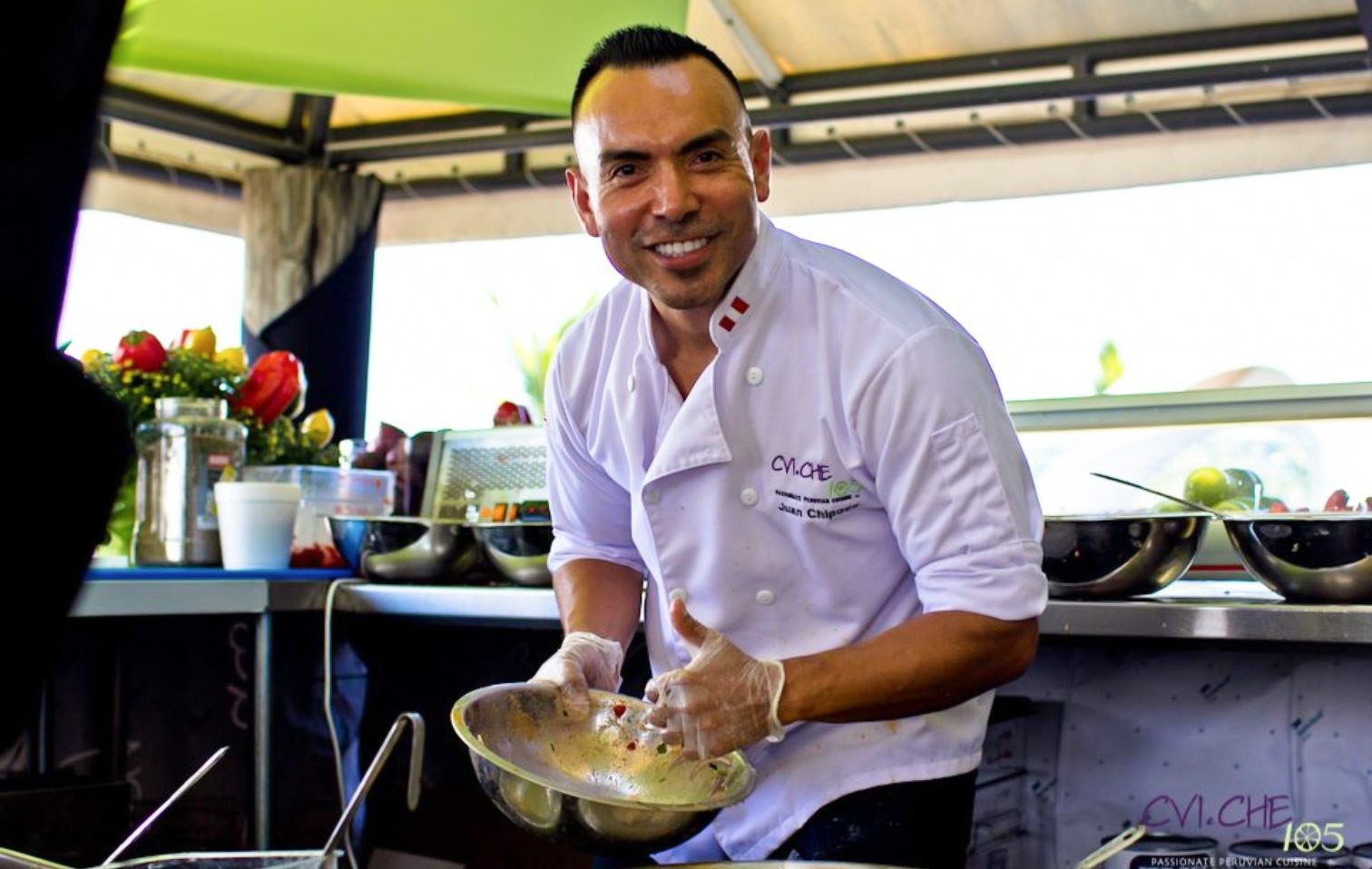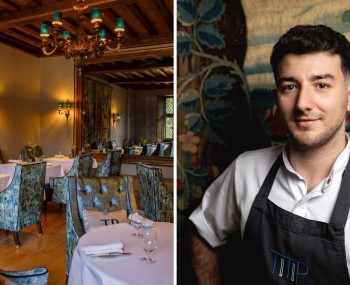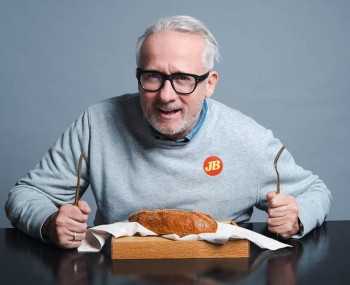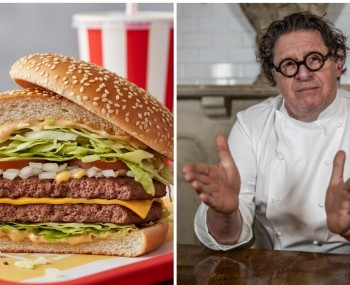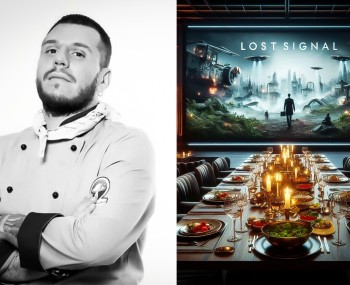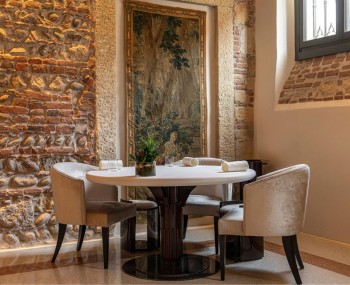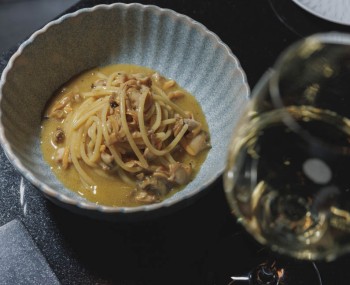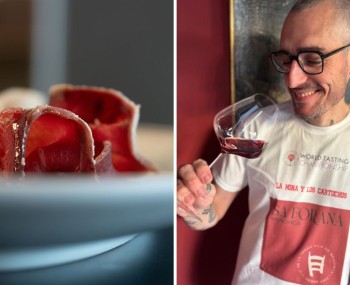Juan Chipoco, renowned Peruvian chef and entrepreneur, shares his career journey in Miami and encourages young people not to be discouraged by any obstacles.
The story
In an interview with Infobae.com, the renowned Peruvian chef Juan Chipoco, a prominent figure in the gastronomic scene in Miami, revealed details about the opening of the fifth branch of his acclaimed restaurant, Cvi.che 105. This new establishment, now open, symbolizes a significant step in the expansion of Peruvian cuisine in South Florida, providing residents and visitors of Miami with an authentic and diverse culinary experience. Juan Chipoco's journey, starting in Lima, Peru, has been a cornerstone of the Latin cuisine revival in Miami. Born and raised in the Peruvian capital, Chipoco moved to the United States at the age of 19 with the dream of sharing his country's rich gastronomy with the world. From starting as a dishwasher to becoming a respected entrepreneur, he built a culinary empire that includes nine restaurants, with three more in development. The new Cvi.che 105 in Coral Gables stands out for its focus on authentic and creative dishes, offering an experience beyond the ordinary.
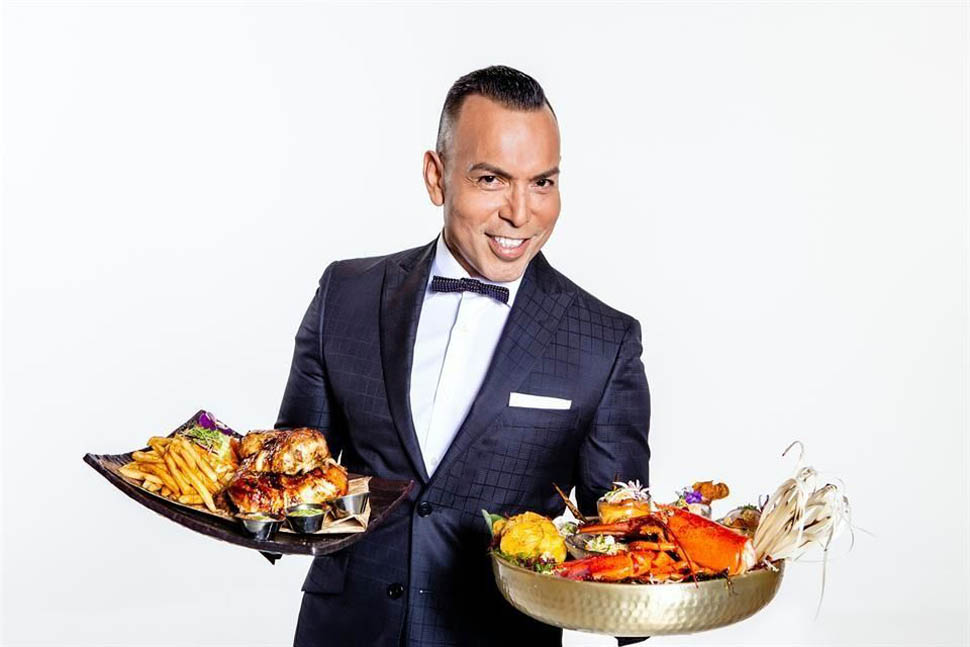
"I believe everyone competes with themselves," he declared, expressing his philosophy of constant self-improvement. "I always felt the need to dare, expose myself, and take a step forward," he added, emphasizing his commitment to excellence. Then comes the consolidation of goals: "Cvi.che 105 has maintained consistency in service, food quality, and the honesty of what we do over the years." His passion for cooking and his ability to blend traditional Peruvian flavors with modern influences have made him an innovator in the food industry. His flagship restaurant, Cvi.che 105, attracts around 6,000 diners per day, according to the website, and has been recognized as one of the best in Miami for over a decade. Chipoco is also known for his commitment to the community, participating in events and activities that promote Peruvian culture in Miami.
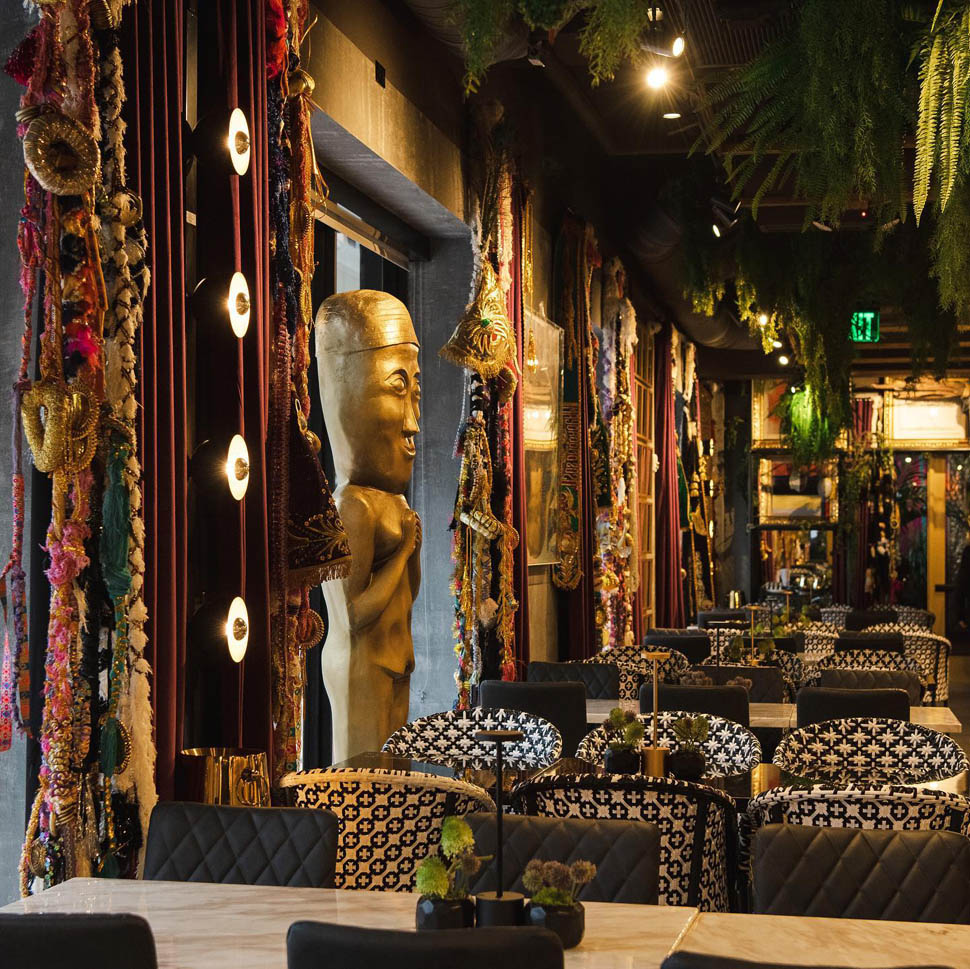
Peruvian cuisine, known for its blend of indigenous, European, African, and Asian influences, brings a unique flavor palette to the city's gastronomic scene. The menu of the new restaurant reflects the richness of tradition, featuring dishes ranging from the traditional ceviche to lomo saltado, along with drinks like sangria and passion fruit pisco sour. In addition, perennial favorites like causa, tiraditos, papa a la huancaína, anticuchos, and octopus a la herradura are included. The restaurant's decor, inspired by Inca culture and Chipoco's personal history, aims to create a welcoming atmosphere that invites diners to explore the flavors and history of Peru. "I was certainly influenced by the typical verve of our people."
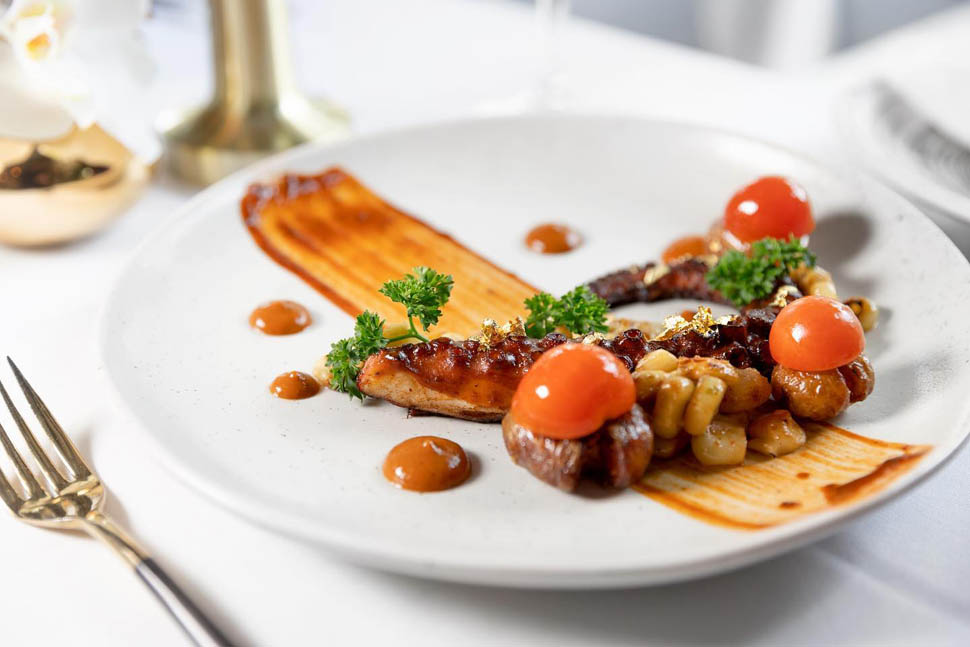
The chef also delivered a motivational message to young people and the Peruvian community, emphasizing the importance of perseverance and authenticity. "The message is that we should never stop and think that everything is impossible and difficult to achieve. Don't project negatively into the future, don't stop dreaming." He shared his own experience, starting from the bottom, highlighting how his tenacity and dedication led him to success. 'I started by washing dishes, but I knew life had something better in store for me. Of course, it wasn't easy.' His story is a testament to success and an example for the Peruvian community in Miami and abroad.
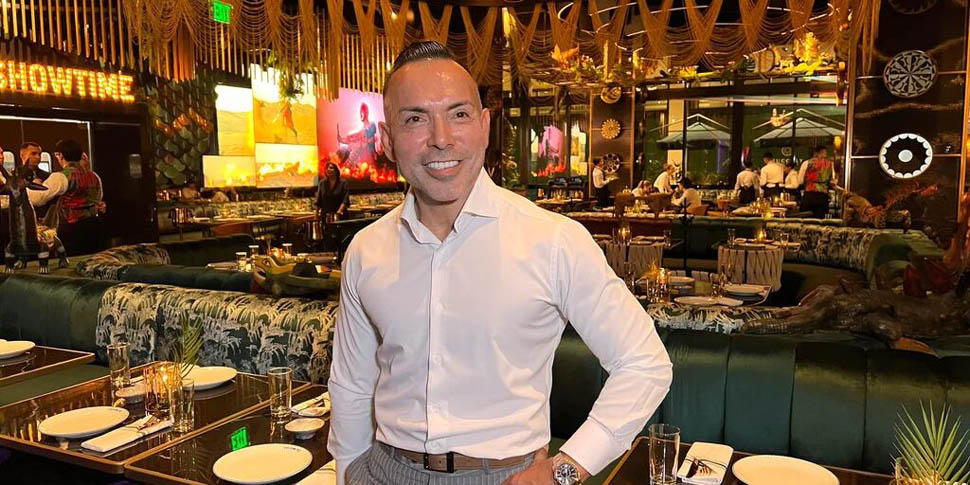
The opening of this new location in Coral Gables not only enriches Miami's culinary landscape but also strengthens cultural and social ties between Peru and the United States. "Today, CVI.CHE 105 transforms the culinary scene of Coral Gables with our promise of excellence," declared the entrepreneur, emphasizing the significant impact of the restaurant on the local community. Chipoco's influence on Peruvian cuisine in Miami goes beyond mere gastronomic offerings. It represents a cultural bridge connecting the Peruvian community with the diversity of Miami, providing a space where traditions, stories, and experiences can be shared. The opening of this new branch in Coral Gables is an example of how food can be a powerful means of integration.
